-

5 Instruments That Are Surprisingly Easy to Start With
•
Picking up a new instrument can feel intimidating, but some instruments are friendlier for beginners. If you’re eager to start making music quickly, these five instruments are surprisingly easy to learn and fun to play — even if you’ve never played before. 1. Piano The piano is often considered one of the best starter…
-
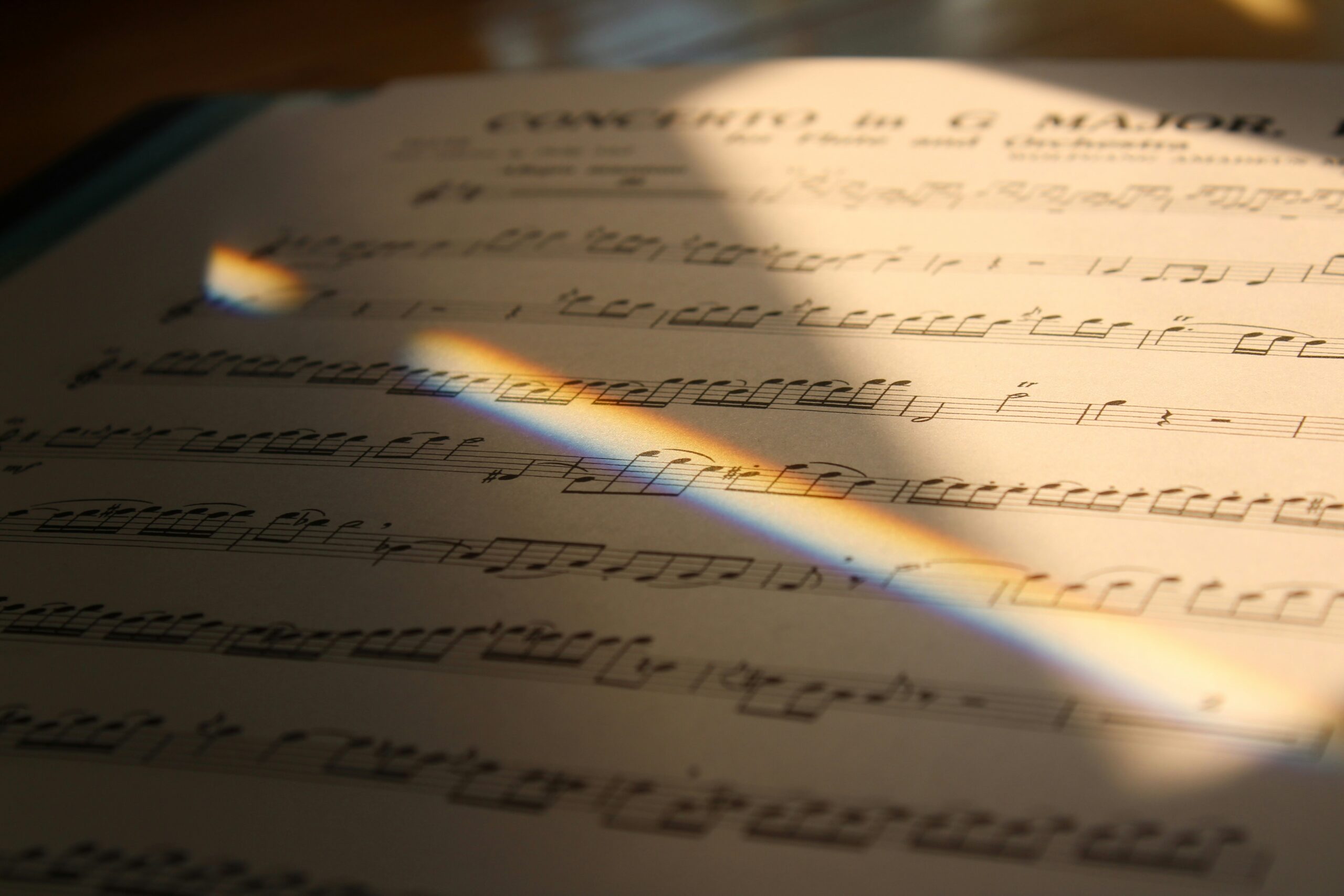
The Truth About Learning Music Without a Teacher
•
We live in a world full of online resources—YouTube tutorials, mobile apps, digital sheet music, and AI-powered feedback. It’s tempting to go the solo route. But if your goal is to truly understand music, grow consistently, and play with confidence, learning without a teacher is rarely the best path. Why Learning Without a Teacher…
-

ABRSM or Trinity? A Complete Guide to Music Exams
•
If you’re studying music seriously—whether piano, violin, voice, or theory—you’ve likely heard about internationally recognized grade exams like ABRSM and Trinity College London. But are these exams the right choice for students in the United States? This guide explains what these exams entail, their benefits and drawbacks, and the latest updates including digital options…
-
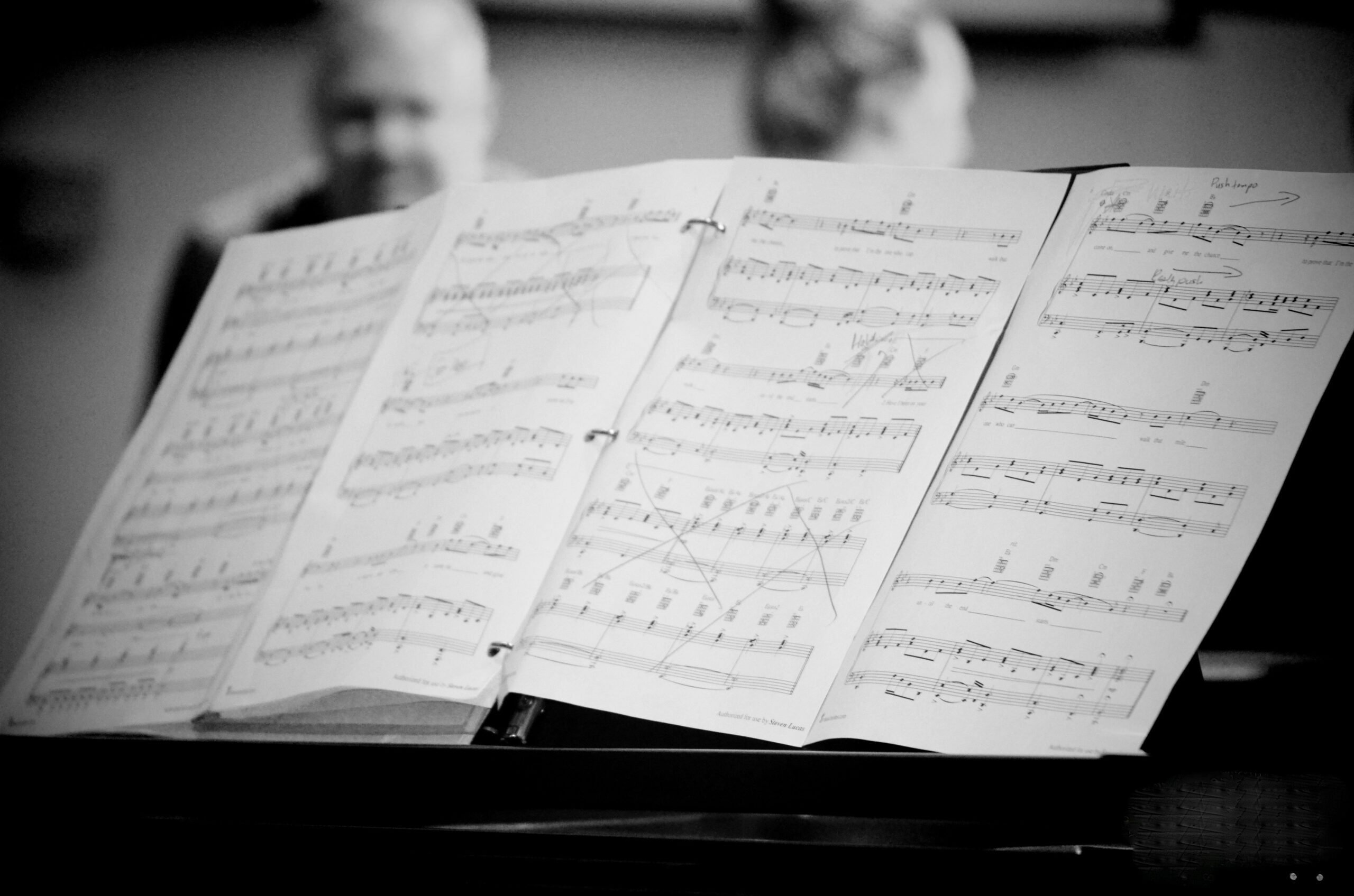
What is Harmony? (Part 2: Application)
•
Harmony, in short is the vertical aspect of music while melody is horizontal. Monophonic music like the Indian classical music is purely horizontal. In western classical music, we have melodic as well as harmonic intervals in play – melodic interval between 2 successive pitches separated by time and the harmonic interval, which is the interval between…
-

What is Harmony? (Part-1: The Fundamentals)
•
Concepts of Harmony: Understanding Consonance and Dissonance This is a vast topic, and we may not be able to convincingly deal with this subject in one article and would like to split it into two – Concepts and Application. Harmony is the foundation of polyphonic western classical music, and it is built on consonance…
-

How Digital and Acoustic Instruments Really Compare
•
Whether you’re a beginner buying your first instrument or a seasoned musician looking to upgrade, one big question always comes up: Should you go digital or acoustic? From pianos to violins to drums and beyond, both types of instruments have their place—and their unique strengths and weaknesses. Let’s break them down so you can…
-
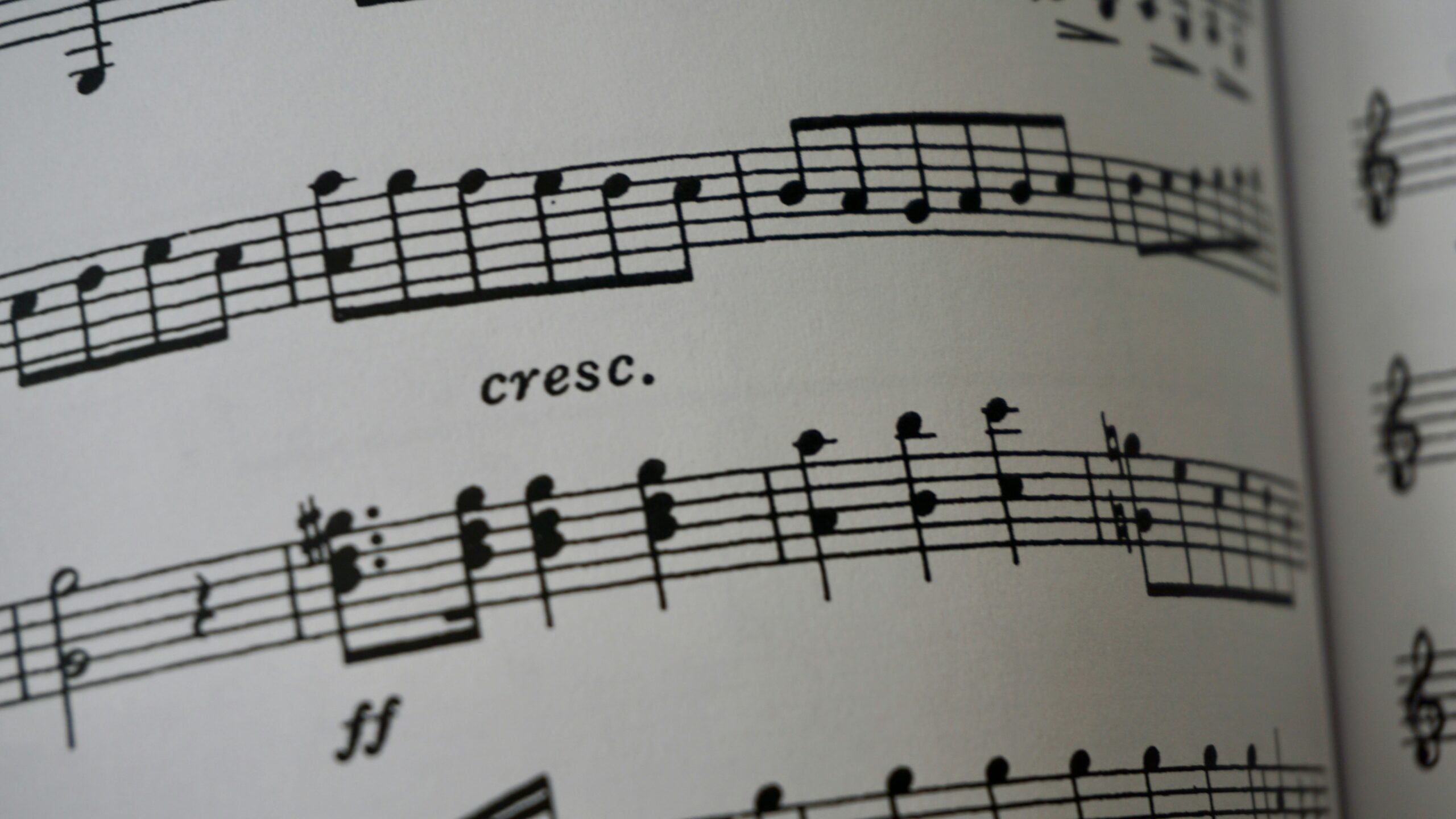
How to know if we’re really getting better as a composer?
•
Progress as a composer is not linear with time and measuring progress is not an exact science. Composers too experience a writer’s block! Some quantitative measures of progress are the number of instruments; the lengths of pieces and the various musical forms and styles one can handle. Gradation of Composition syllabus of LCM clearly…
-

What Makes a Good Music Teacher and How to Pick One
•
Whether you’re a beginner looking to take your first music lesson or an experienced student preparing for advanced diplomas, the guidance of the right teacher can make all the difference. But what exactly makes a good music teacher? Is it technical skill, experience, or something more? 1. Strong Foundation in Music A good music…
-
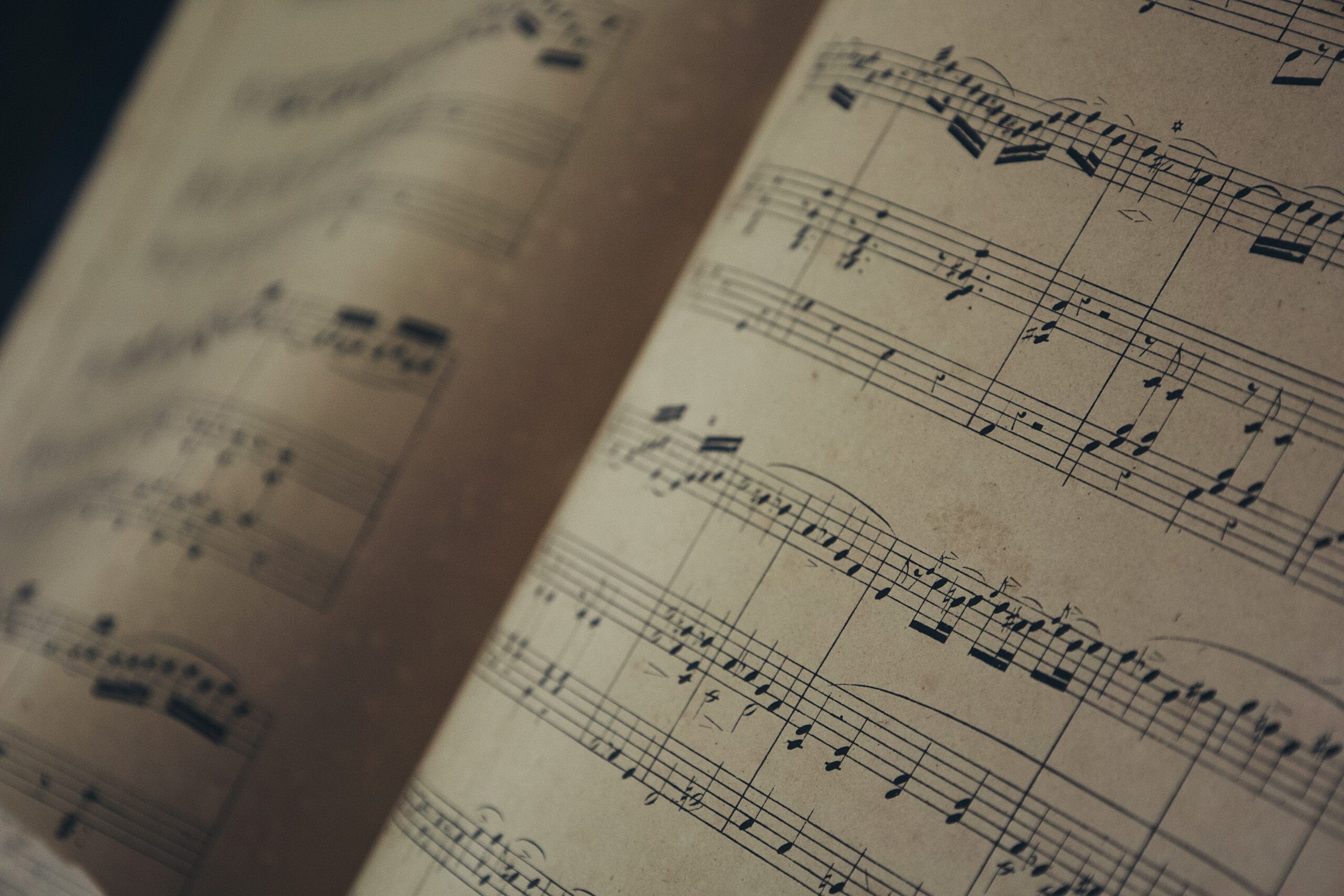
How to Overcome the Fear of Music Theory!
•
Before we attempt answering this question in detail, let’s understand the scope and utility of music theory. The classical definition of music theory in a broad sense would be something like — ‘to understand the underlying science, history, evolution and to communicate, listen (not hear!) and analyse music that we encounter’. The scope is…
-

The Truth About Learning Your Favorite Musical Instrument
•
How long does it really take to learn a musical instrument? Three lifetimes. That’s how long it takes to “fully” learn a musical instrument. One lifetime to understand how it works. One to master how it sounds. And one more to forget all the rules and finally make music. Of course, if you’re asking…
-

Can You Train a Musical Ear? The Truth About Pitch, Practice, and Progress.
•
Let’s start with a familiar scene: someone hears a song once and is already humming it perfectly by the next hour. Another person struggles to sing “Happy Birthday” in the right key at every party. What sorcery is this? The answer is often wrapped up in the term “musical ear.” Having a “musical ear”…
-

Think You’re Too Old to Learn Music? Here’s The Truth!
•
The simple and straight answer is ‘No, you are not!’. I can take my own example – I started studying, understanding, and listening to western classical music (for the first time) at the age of 32 and by the time I was 41, I finished Licentiate diplomas in Theory and Composition and reached a…
